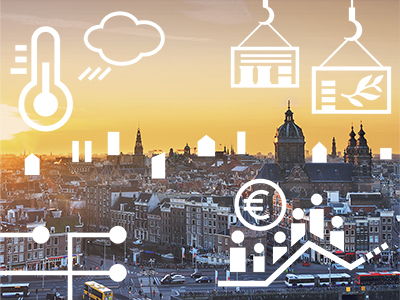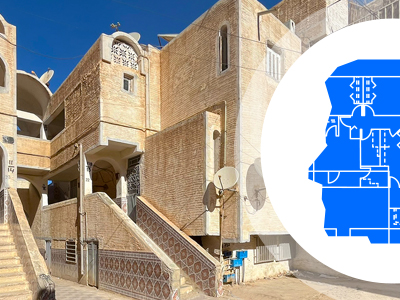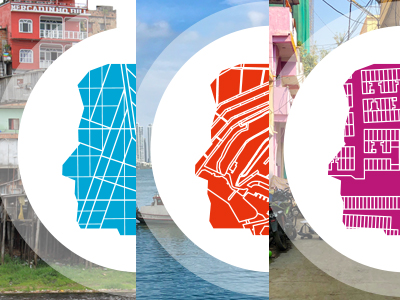Overview
Learn how citizen's co-creation is key in making cities worldwide more sustainable.
Around the world, major challenges of our time such as population growth and climate change are being addressed in cities. Here, citizens play an important role amidst governments, companies, NGOs and researchers in creating social, technological and political innovations for achieving sustainability.
Citizens can be co-creators of sustainable cities when they engage in city politics or in the design of the urban environment and its technologies and infrastructure. In addition, citizens influence and are influenced by the technologies and systems that they use every day. Sustainability is thus a result of the interplay between technology, policy and people's daily lives. Understanding this interplay is essential for creating sustainable cities. In this MOOC, we zoom in on Amsterdam, Beijing, Ho Chi Minh City, Nairobi, Kampala and Suzhou as living labs for exploring the dynamics of co-creation for sustainable cities worldwide. We will address topics such as participative democracy and legitimacy, ICTs and big data, infrastructure and technology, and SMART technologies in daily life.
This global scope will be used to illustrate why specific forms of co-creation are preferred in specific urban contexts. Moreover, we will investigate and compare these cities on three themes that have a vast effect on city life:
- Water and waste
- Energy, air, food and mobility
- Green spaces and food
This MOOC will teach you about the dynamics of co-creation and the key principles of citizens interacting with service providing companies, technology and infrastructure developers, policy makers and researchers. You will gain an understanding of major types of co-creation and their interdependency with their socio-technical and political contexts. You will become equipped to indicate how you can use co-creation to develop innovative technologies, policy arrangements or social practices for a sustainable city in your own community. You will demonstrate this by developing an action plan, research proposal or project idea.
Basic knowledge of sustainability in urban settings, urban environmental technology and urban management is assumed.
This course forms a part of two educational programme of the Amsterdam Institute for Advanced Metropolitan Solutions (AMS) - AMS Vital and Circular city research themes. It is developed by Wageningen UR and TU Delft, two of the founding universities of AMS Institute, and in cooperation with Tsinghua University.
What you'll learn:
- Different definitions, forms and typical examples of co-creation for developing sustainable urban water, energy and green systems.
- The potential of co-creation for developing sustainable cities.
- The interdependency between co-creation and its policy and socio-technical contexts.
- Comparison of different real-life cases of co-creation.
- To understand interdependencies between the real-life cases of co-creation and their policy and socio-technical contexts.
- How to formulate the potential of co-creation in your work or daily life.
Details
Other instructors:
Gert Spaargaren
Professor Environmental Policy for Sustainable Lifestyles and Consumption - Wageningen University & Research
Bas van Vliet
Associate professor Environmental Policy - Wageningen University & Research
Jan Vreeburg
Associate professor UETM - Wageningen University & Research
Ilse Voskamp
PhD researcher - Wageningen University & Research
Walter Fraanje
Production assistant - Wageningen University & Research
License
Unless otherwise specified, the Course Materials of this course are Copyright Delft University of Technology and are licensed under a Creative Commons Attribution-NonCommercial-ShareAlike 4.0 International License.
Qualifications
Chartered Engineering Competences
All our online courses and programs have been matched to the competences determined by KIVI’s Competence Structure, a common frame of reference for everyone, across all disciplines, levels and roles.
These competences apply to this course:
- A1: Extend your theoretical knowledge of new and advancing technologies.
- D1: Identify all stakeholders and communicate with others at all levels.
- E3: Undertake engineering activities in a way that contributes to sustainable development and a circular economy.
Admission
This is a Massive Open Online Course (MOOC) that runs on edX.
Prerequisites:
Bachelors/ undergraduate level on:
- Governance and environmental policy
- Urban resource management
- Urban environmental technology


